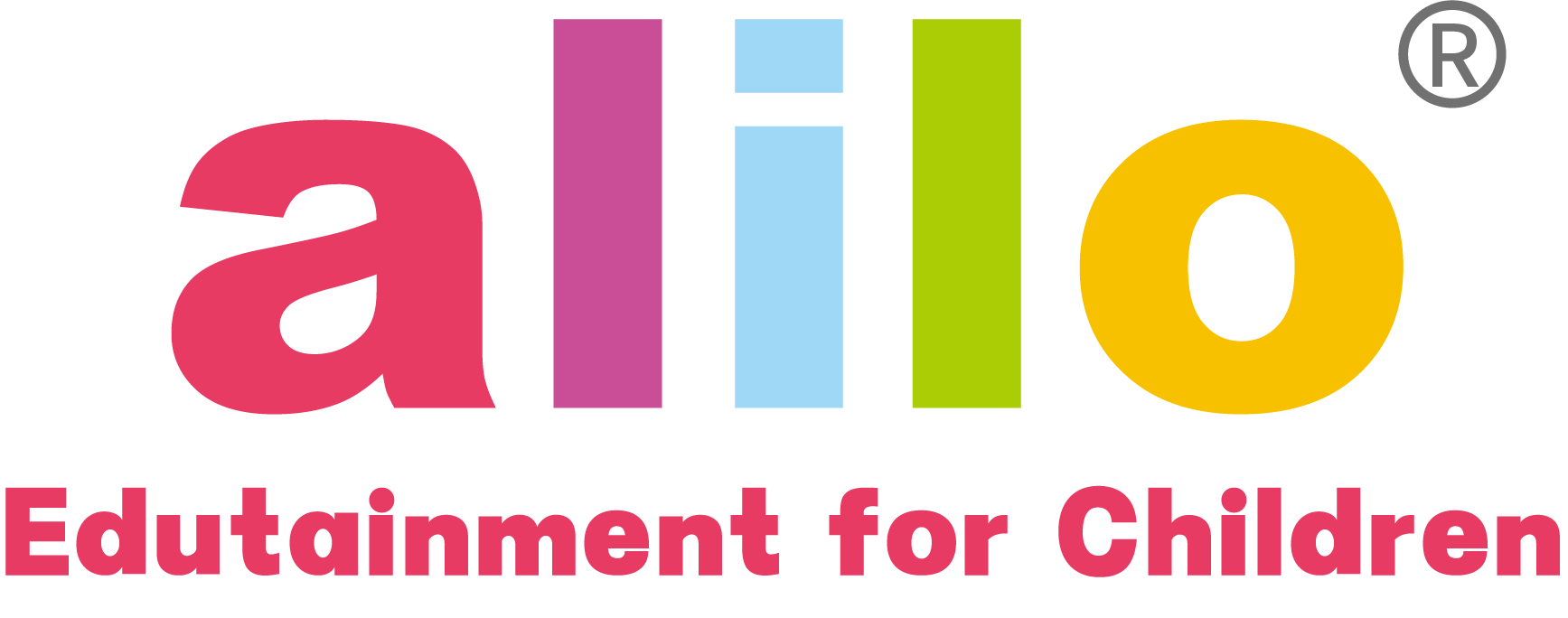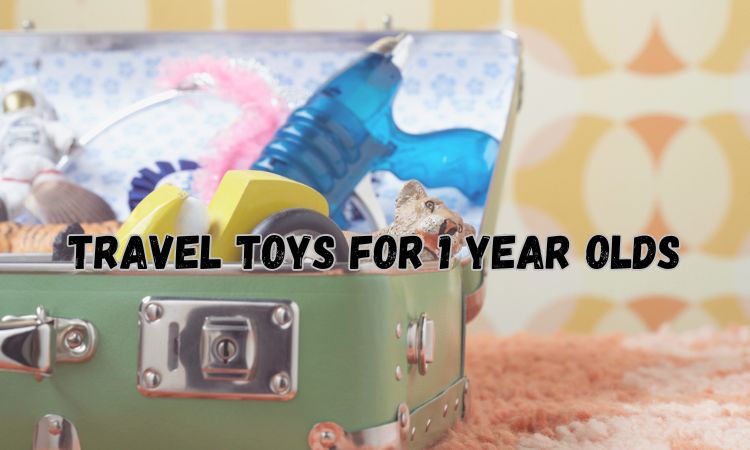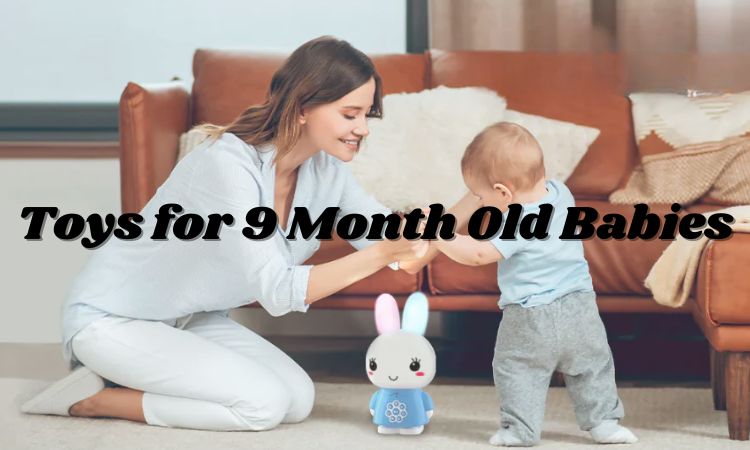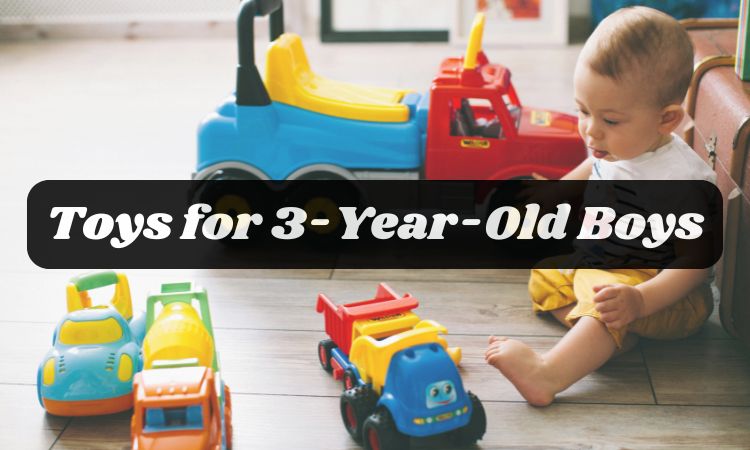Have you ever noticed your baby smile at the sound of jingling bangles or your toddler happily hum along to your lullaby? This delightful reaction highlights the significant role music plays in early brain development. Music activates areas of the brain that remain untapped through activities like reading or talking, fostering growth in cognitive, emotional, and sensory skills.
But you may wonder, are musical toys good for babies? Introducing musical toys to children isn’t a new concept. For generations, parents have used rattles and other sound-based toys to engage infants and boost their development. In this article, we’ll explore how musical toys benefit babies and guide you in selecting the right ones. Let’s get started!

What Are Musical Toys For Babies?
Musical toys for babies include items like drums, pan flutes, rattles, and other toys that produce rhythmic sounds or melodies. These toys are designed to engage, entertain, and soothe infants, making them an essential part of a baby’s playtime.
In addition to being fun, musical toys can play a crucial role in early development. By incorporating musical toys into your baby’s routine, you can promote brain development, enhance cognitive skills, and even help your little one develop a sense of self-awareness. These benefits make musical toys a valuable addition to any child's early experiences.
Benefits Of Musical Toys For Babies
Musical toys offer more than just entertainment; they provide a range of developmental benefits for your baby. Here are some key advantages:
1. Boosts Brain Development: Musical toys stimulate some parts of the brain, enhancing memory, spatial reasoning, and auditory skills. Engaging with sounds and rhythms helps babies develop cognitive abilities essential for learning and growth.
2. Improves Motor Skills: Actions like shaking rattles or tapping drums help refine both fine and gross motor skills (holding, shaking hands, and grabbing). These activities strengthen hand-eye coordination and improve a child’s ability to control their movements.
3. Build Creativity: Exploring different sounds and rhythms sparks imagination and artistic expression. Musical toys inspire babies to create their tunes, fostering creativity and problem-solving skills.
4. Supports Emotional and Social Development: Music can soothe, excite, or engage your baby, helping them understand and manage emotions.
5. Enhances Language Skills: Listening to melodies and rhythms improves vocabulary, pronunciation, and language comprehension. Singing along with songs helps lay the foundation for effective communication.
6. Promotes Parent-Child Bonding: Playing with musical toys is a wonderful way to connect with your child. Activities like singing, dancing, or playing instruments together create cherished moments and strengthen your relationship.
How to Choose the Right Musical Toys?
Selecting the right musical toys for your baby requires careful consideration. Here are some essential tips:
1. Prioritize Safety: Ensure the toys meet current safety standards and are age-appropriate.
2. Opt for Pleasant Sounds: Choose toys that produce clear and soothing sounds, like falling rain or gentle xylophone melodies, to engage your baby without overwhelming them.
3. Focus on Quality and Durability: Choose toys crafted from durable materials such as silicone, felt, or wood, ensuring they are well-made and long-lasting. High-quality toys last longer and offer better sound quality, enhancing your baby's auditory experience.
4. Look for Age-Appropriate Features: Opt for toys with adaptable features that align with your baby’s developmental milestones.
5. Encourage Exploration: Choose toys with textured surfaces or soft lights that are easy to grasp and explore, promoting sensory development.
6. Consider the Child's Interests: If they show a keen interest in music, they might appreciate more sophisticated music toys that offer a greater range of features and opportunities for creative expression.
For parents seeking a versatile and developmentally appropriate option, an excellent baby music player from Alilo can be a perfect choice. It not only produces pleasant, clear sounds but is also made with soft silicone and high-quality, durable materials, ensuring safety and longevity.
The thoughtful design promotes diverse developmental aspects, aligning with the principles of Montessori's sensitive period theory, supporting children's natural learning drives from 0-6 years. These toys encourage exploration, boost brain development, and provide a safe and engaging way for children to interact with music.

Tips for Maintaining Your Child's Musical Toys
Proper maintenance of your child’s musical toys can extend their life and ensure safe play. Here are some essential tips:
● Follow Manufacturer Guidelines: Refer to the manufacturer's guidelines for detailed care instructions. This information is often provided on the toy’s packaging or instruction manual.
● Avoid Excessive Moisture: Keep toys away from water and humidity to prevent damage to electronic or metal components. Wooden toys, in particular, are sensitive to moisture and should be stored in dry conditions.
● Regular Cleaning: Use a soft, non-abrasive cloth to clean the toys regularly, keeping them free from dirt and dust. This simple step ensures hygiene and prevents build-up that might affect functionality.
Conclusion
So, are musical toys good for babies? Absolutely! Musical toys are more than just entertaining; they are instrumental in fostering a child’s cognitive, emotional, and physical development. By engaging your baby with rhythmic sounds and melodies, you can support their brain growth, motor skills, creativity, and language abilities.
Remember to choose high-quality, age-appropriate musical toys that provide a safe and enjoyable experience for your little one. Whether it's through bonding moments or encouraging imaginative play, musical toys offer countless benefits that make them an invaluable addition to your baby’s early development journey.
FAQs
Are light up musical toys good for babies?
Light-up musical toys can be good for babies when used thoughtfully. While they entertain and engage, they may reduce parent-child interaction during playtime. Balancing their use with active communication ensures these toys enhance development without replacing valuable verbal engagement.
Do newborns need musical toys?
Yes. Newborns benefit from musical toys as they support sensory development, hearing, touch, and movement. Playing with these toys helps build fine and gross motor skills while encouraging babies to connect what they see, feel, and hear, aiding their understanding of the world around them.
Can musical toys overstimulate my baby?
Musical toys can captivate your baby’s attention, which supports learning. However, excessive use may overstimulate them, disrupting their ability to develop focus. Moderation is key to ensuring musical toys enhance development without overwhelming your baby.
How often should my baby play with musical toys?
Babies can benefit from playing with musical toys for short periods each day, typically around 10 to 30 minutes, depending on their age, interest, and tolerance.







Share and get 5% off!
Simply share this product on one of the following social networks and you will unlock 15% off!